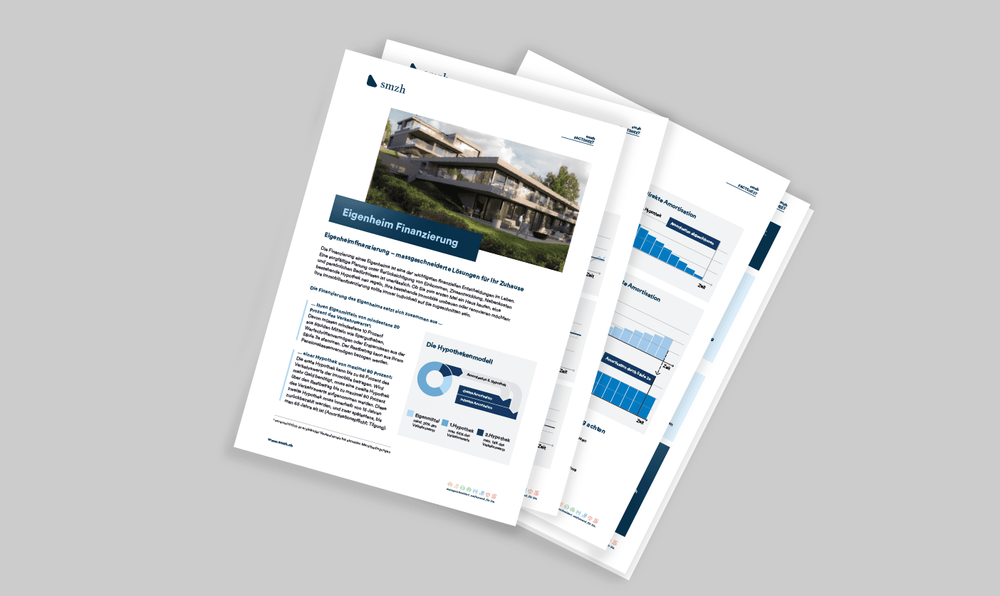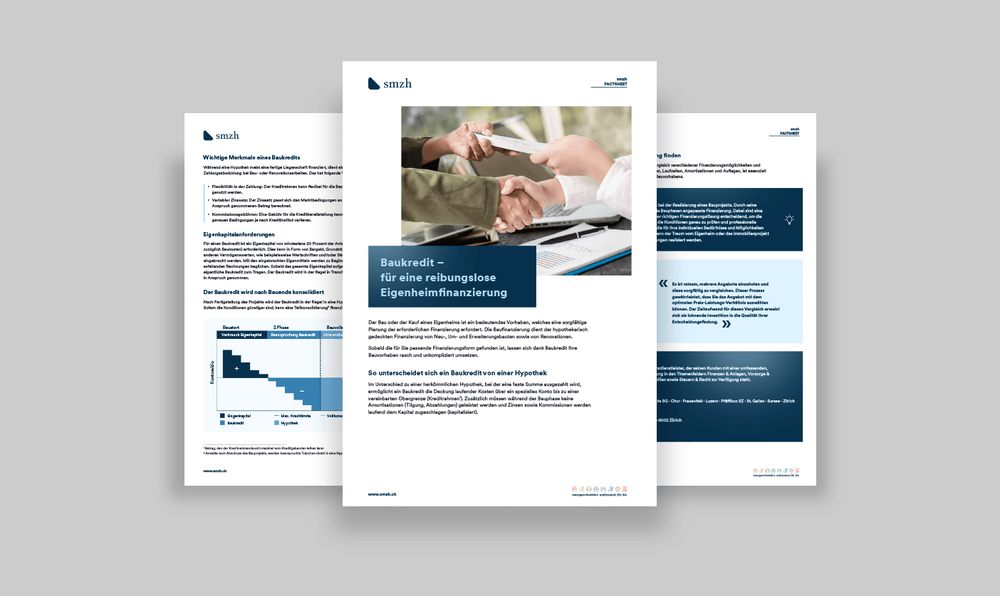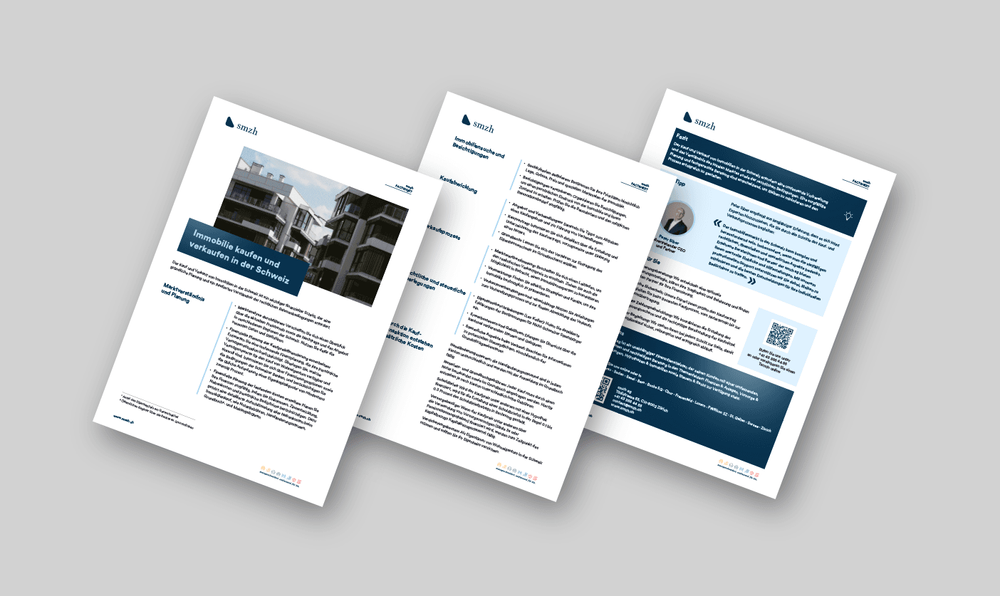Replacing a mortgage means cancelling an existing mortgage, either at maturity or early. When cancelling at maturity, you can switch provider at no extra cost. An early replacement, however, may lead to penalties, but does provide an opportunity to lock in better conditions with a new provider.
In other words, replacing is an opportunity to restructure your mortgage to secure lower interest rates, more flexible maturities, or conditions in line with your current circumstances. It is important to carefully analyze your situation to make sure that the switch is worth it in the long run.

Analyze the conditions of your current mortgage. Check whether you are replacing at maturity or early.
In case of early replacement, keep in mind potential penalties or other restrictions or fees.
Compare mortgage offers of various providers such as banks, insurers, and pension funds.
Keep an eye on interest rates, amortization levels, and contractual conditions that might influence your flexibility.
Calculate the savings you might achieve with a new provider or better conditions.
Compare these savings with the costs of replacement to ensure that the switch indeed makes financial sense.
Examine the existing as well as the new mortgage contract closely.
Look out for clauses that might restrict your options and negotiate with the new provider to secure the best possible conditions.
Upon maturity: Cancel your existing mortgage on time and start preparing the new contract in a timely manner.
Early replacement: Gain clarity over the specific conditions that apply and ensure a smooth transition to the new mortgage.

Learn what's important when financing your own home – from selecting a mortgage that is right for you to developing a financing strategy that is viable in the long term. Careful planning and regular monitoring are key for your financial success. smzh also provides comprehensive support in tax matters related to marriage, pension planning, and wealth – ensuring targeted and holistic financial planning.
(in German)

Learn how to use a construction loan flexibly for your building project and the advantages it offers over a traditional mortgage. With careful planning – from equity ratio to credit-line utilization – you can effectively manage costs and risks. smzh also provides expert advice on tax matters related to marriage, pension planning, and wealth, ensuring well-thought-out and future-oriented financial planning.
(in German)

Discover what's important when selling and buying real estate in Switzerland. From initial planning and property search to contract execution: receive valuable advice on financing options, contract negotiations, and legal requirements to ensure a secure and successful purchase.
(in German)

Whether you are buying, renovating, or replacing a mortgage: We offer tailored financing solutions that suit your individual circumstances. Discover how to best combine your own funds and a mortgage – for a home that truly fits your needs.

A construction loan enables the ongoing financing of your building project – precisely tailored, with no immediate amortizations required. It is ideal for new construction, renovations, or extensions, allowing you to maintain full control over costs and liquidity at every stage of the building process.

Whether you are buying or selling: a real estate transaction in Switzerland requires in-depth know-how, legal clarity, and careful planning. Our fact sheet provides a concise overview of everything you need to know – for a secure and seamless transaction process.
We guide you through the entire mortgage replacement process, whether you are replacing at maturity or early:

Together let us examine whether a replacement is worth it for you and how we can best structure the replacement process:

We handle questions such as those shown on the right on a daily basis. You don't need to deal with them by yourself – our 360° Check-Up is free of charge and non-binding.
You can replace a mortgage at maturity or early. This means that an existing mortgage is either terminated or transferred to another provider.
Potential costs comprise early replacement penalties as well as handling fees that the new provider charges. Replacing at maturity does not lead to any additional costs.
Not necessarily. A switch should be planned carefully and only makes sense if the long-term advantages outweigh the potential costs of a switch.
Yes, at maturity, a mortgage can normally be replaced at no extra cost. This is a good opportunity to compare offers and, if necessary, switch provider.
An in-depth examination of the existing as well as the new mortgage contract protects you against unfavorable clauses or restrictions, ensuring that the new contract is aligned with your needs.